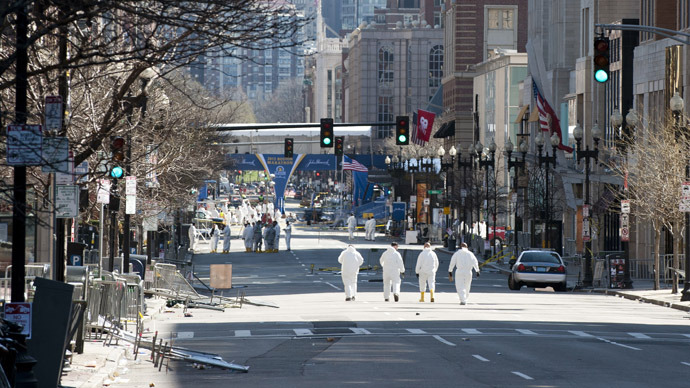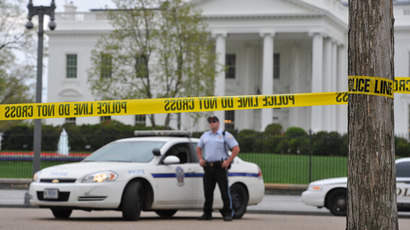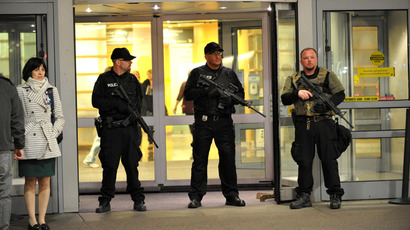Boston Marathon bombing may not qualify as terrorist attack for the feds

The Boston Marathon bombing has been called a terrorist attack – even by the US president himself. But despite the classification, the bombing may not qualify as a “terrorist attack” in the eyes of the Treasury and those providing insurance coverage.
The Terrorism Risk Insurance Act, which was signed into law
after the 9/11 terrorist attacks resulted in $40 billion of
damages, allows businesses to enroll in a federal reinsurance
program that covers the cost of terrorism-inflicted damages.
President Obama on Tuesday defined instances where “bombs are
used to target innocent civilians” as acts of terror – which
includes the Boston Marathon bombing.
“Any event with multiple explosive devices – as this appears to
be – is clearly an act of terror,” a White House official told
reports after the bombing.
But in order for damaged businesses to benefit from the federal
reinsurance program, an attack must be certified as an “act of
terrorism” by Secretary of the Treasury Jack Lew, as well as the US
Attorney General and the Secretary of State, the Wall Street
Journal reports.
And in order for these department heads to certify a violent act as
“terrorism”, there needs to be a minimum of $5 million in inflicted
damages – regardless of the motives behind the attack. About 60
percent of commercial policyholders have purchased insurance
against terrorist attacks – an investment that likely won’t help
businesses damaged in the Boston Marathon attack, considering the
small amount of damage in comparison to other attacks, like
9/11.
The Starbucks at 755 Boylston St., which is adjacent to the scene
of the second bomb explosion, suffered several shattered windows
and some structural damage in front of the shop, the Boston Globe
reports. Other infrastructure damage was limited to storefronts and
the finish line, but major buildings – such as the Trinity Church –
remained unharmed. Most businesses near the site of the explosions
had reopened for business on Wednesday, while sealed-off businesses
were closed mainly for the sake of the ongoing investigation.
Because of the conditions of the federal reinsurance program, the
Treasury Department is unlikely to call the Boston Marathon bombing
an “act of terrorism” – which would contradict the White House and
potentially spark controversy over the qualifications.
Even if the culprit of the attacks is found and terroristic
intentions blatantly revealed, the attack will never be considered
“an act of terrorism” in the eyes of the feds unless the property
damage exceeds $5 million.
Randy Maniloff, a Philadelphia-based veteran insurance coverage
lawyer, told the WSJ that the Treasury certification is destined to
be a source of confusion.
“I can envision a situation where the president declares an
attack to be terrorism, because that’s what it seems like as the
term is generally understood,” he said. “But then when the
time comes to address the insurance issues, the Secretary of the
Treasury, Secretary of State and the Attorney General are
hard-pressed to reach that same conclusion if the facts needed to
do so under the formal definition are not there.”
To date, Lew has not issued certification of the attack.














